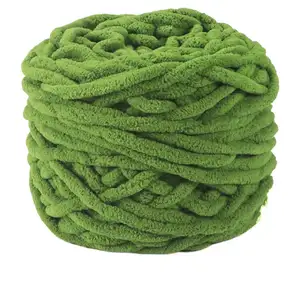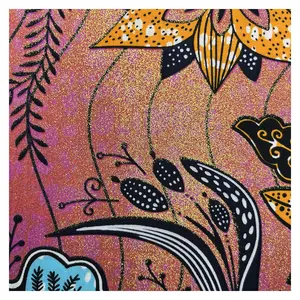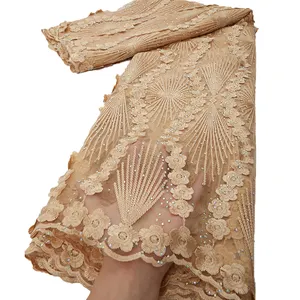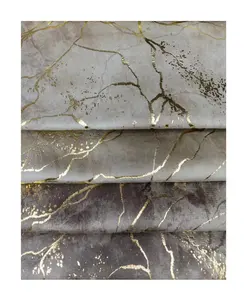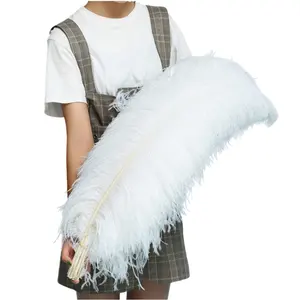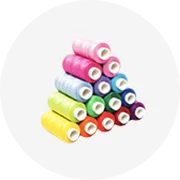Popular in your industry





































































Related Searches:




























































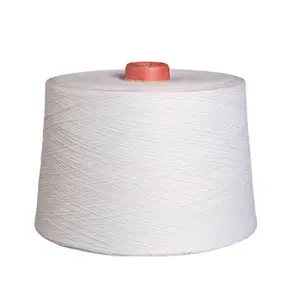







































































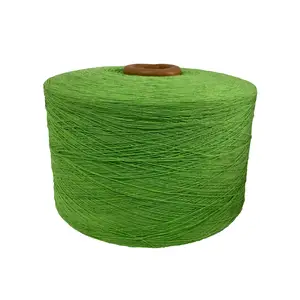





























Top categories
About 30s recycled polyester yarn
Understanding 30s Recycled Polyester Yarn
The 30s recycled polyester yarn represents a sustainable choice in the textile industry, offering a blend of durability and environmental responsibility. This yarn is crafted from recycled polyester materials, providing an alternative to virgin polyester and reducing the industry's carbon footprint.
Types and Applications
There are several types of recycled polyester yarns, with the 30s gauge being a popular choice for its balance of strength and fineness. Its versatility makes it suitable for a range of applications, from fashion to home textiles. The adaptability of 30s recycled yarn allows for its use in hand knitting, machine knitting, and sewing projects.
Features and Materials
The 30s recycled polyester yarn is characterized by its eco-friendly attributes, such as being anti-pilling and anti-static. These features enhance the yarn's usability and appeal in creating long-lasting textile products. The yarn is produced through either mechanical or chemical recycling processes, transforming post-consumer waste into a valuable textile resource.
Advantages of Recycled Yarn
Opting for recycled polyester yarn comes with several advantages. It promotes sustainability by reducing waste and conserving energy. Additionally, the yarn's resilience to wear and ease of maintenance make it a practical choice for various textile needs.
Yarn Structures and Properties
The structure of 30s recycled polyester yarn can vary, including options like filament, spun, and texturized forms. Each structure offers different textural qualities and performance characteristics, such as the melange effect for a unique visual appeal or ring-spun for a softer touch.
Choosing the Right Recycled Polyester Yarn
Selecting the appropriate recycled polyester yarn depends on the end-use. Factors to consider include the yarn's strength, elasticity, and dye affinity, which can influence the final product's quality and suitability for its intended application.
